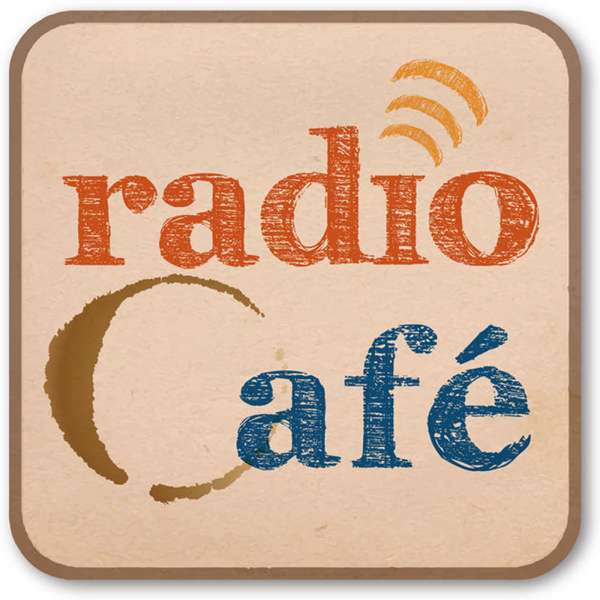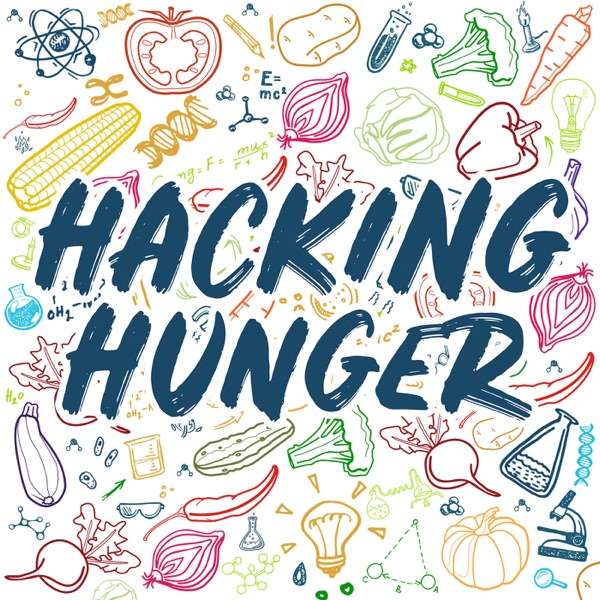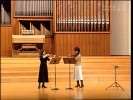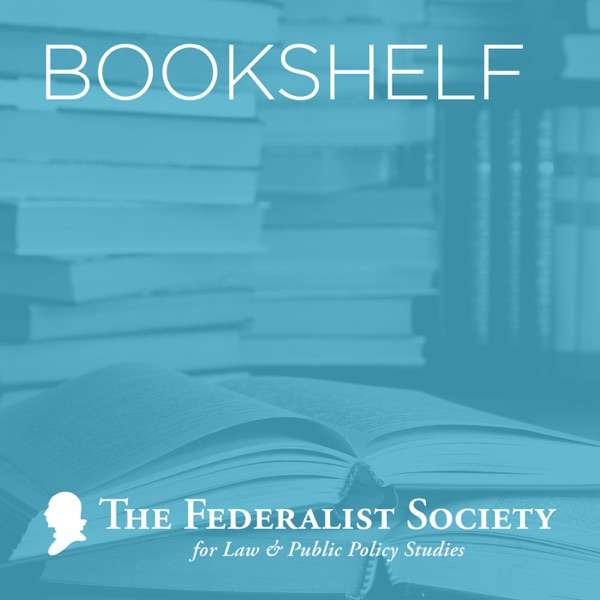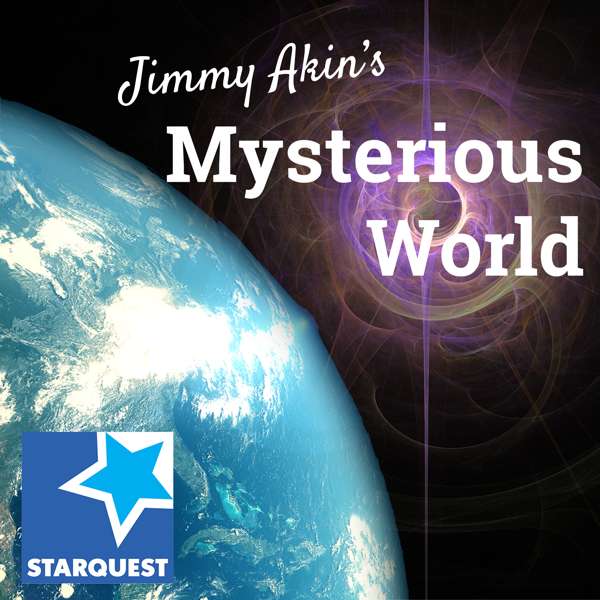Fri, 20.10.2017
ZKM_Media Theater
The Council of Europe’s series of conferences dealing with the impact of digitization on culture will be continued this year in Karlsruhe as a cooperation event with the ZKM. In the years 2014–2016 the CoE’s »platform exchange« took place in Baku, Linz and Tallinn.
The aim of this year’s conference in Karlsruhe will be to focus on the potential of art and science, which has so far been under-utilized, as an effective means of strengthening democracy. The tools of digital culture will be discussed. Actors and decision-makers from different disciplines, institutions and citizens’ initiatives will work on two main topics in the 1-day conference. First of all, the use of appropriate digital tools will be explored to enable citizens to actively participate in strong European democracies – i. e. to promote digital literacy and to train resistance forces against current phenomena threatening democracy, such as populism, fake news and xenophobia. Next, the focus is on networks in culture, the arts and the sciences, which are also actively working against these anti-democratic tendencies.
Digitization undoubtedly expands public space and creates new opportunities for participation, but also raises questions about intended and unwanted effects and their control. While populism strives to reduce the diversity of voices and thus dissolves democracy, it is the principle of the arts and sciences to cultivate diversity, complexity and productive competition. The ethos of democracy is based not least on this. In this sense, digitization has an innovative function because it provides access to the heterogeneous messages produced by cultural and artistic means.
The opening ceremony of the ZKM exhibition project »Open Codes. Living in Digital Worlds«, conceived by Peter Weibel, on Thursday, October 19, 2017 will provide a special artistic prelude to the conference on Friday, October 20, 2017. This exhibition project will present the museum as an exciting and vibrant place of learning, inviting everyone to share and get to learn about the idea and values of a strong democratic community of digitally competent citizens.
///
Fr, 20.10.2017
ZKM_Medientheater
Die Konferenzreihe des Europarates, die sich mit den Auswirkungen der Digitalisierung auf die Kultur befasst, wird in diesem Jahr als Kooperationsveranstaltung mit dem ZKM ausgerichtet. In den Jahren 2014–2016 fand der »Plattform-Austausch« in Baku, Linz und Tallinn statt.
Das Ziel der diesjährigen Konferenz in Karlsruhe wird es sein, den Fokus auf das bisher noch deutlich zu gering genutzte Potential von Kunst und Wissenschaft als wirkkräftige Mittel zur Stärkung der Demokratie zu richten. Dabei sollen die Werkzeuge der digitalen Kultur diskutiert werden. Akteure und EntscheidungsträgerInnen aus unterschiedlichen Disziplinen, von Institutionen sowie von Bürgerinitiativen werden in der eintägigen Konferenz zwei Themenschwerpunkte bearbeiten. Zunächst wird der Einsatz geeigneter digitaler Werkzeuge eruiert, um Bürgerinnen und Bürger zur aktiven Teilnahme an starken europäischen Demokratien zu befähigen – dies bedeutet: digitale Mündigkeit fördern und Widerstandskräften gegen aktuelle demokratiegefährdende Phänomene wie Populismus, Fake News und Fremdenfeindlichkeit ausbilden. Sodann wird der Blick auf Netzwerke in der Kultur, den Künsten und den Wissenschaften gelenkt, die sich ebenfalls aktiv gegen diese anti-demokratischen Tendenzen einsetzen.
Die Digitalisierung erweitert unzweifelhaft den öffentlichen Raum und schafft neue Partizipationsmöglichkeiten, erzeugt im gleichen Maße aber auch Fragen nach gewollten und ungewollten Effekten und deren Kontrolle. Während der Populismus danach strebt, Stimmenvielfalt zu reduzieren, und somit demokratiezersetzend wirkt, ist es das Prinzip der Künste und Wissenschaften, Vielfalt, Komplexität und produktiven Wettbewerb zu kultivieren. Nicht zuletzt darauf basiert das Ethos der Demokratie. In diesem Sinne kommt der Digitalisierung eine innovative Funktion zu, denn sie ermöglicht es, die durch kulturelle und künstlerische Mittel hervorgebrachten heterogenen Botschaften zugänglich zu machen.
Den Auftakt der Veranstaltung bildet am Vorabend der Konferenz die Eröffnung des von Peter Weibel konzipierten ZKM-Ausstellungsprojektes »Open Codes. Leben in digitalen Welten«, welches das Museum in diesem Zusammenhang als einen Ort des Lernens und als Bildungsraum für digital kompetente BürgerInnen vorstellt.

 Our TOPPODCAST Picks
Our TOPPODCAST Picks  Stay Connected
Stay Connected


